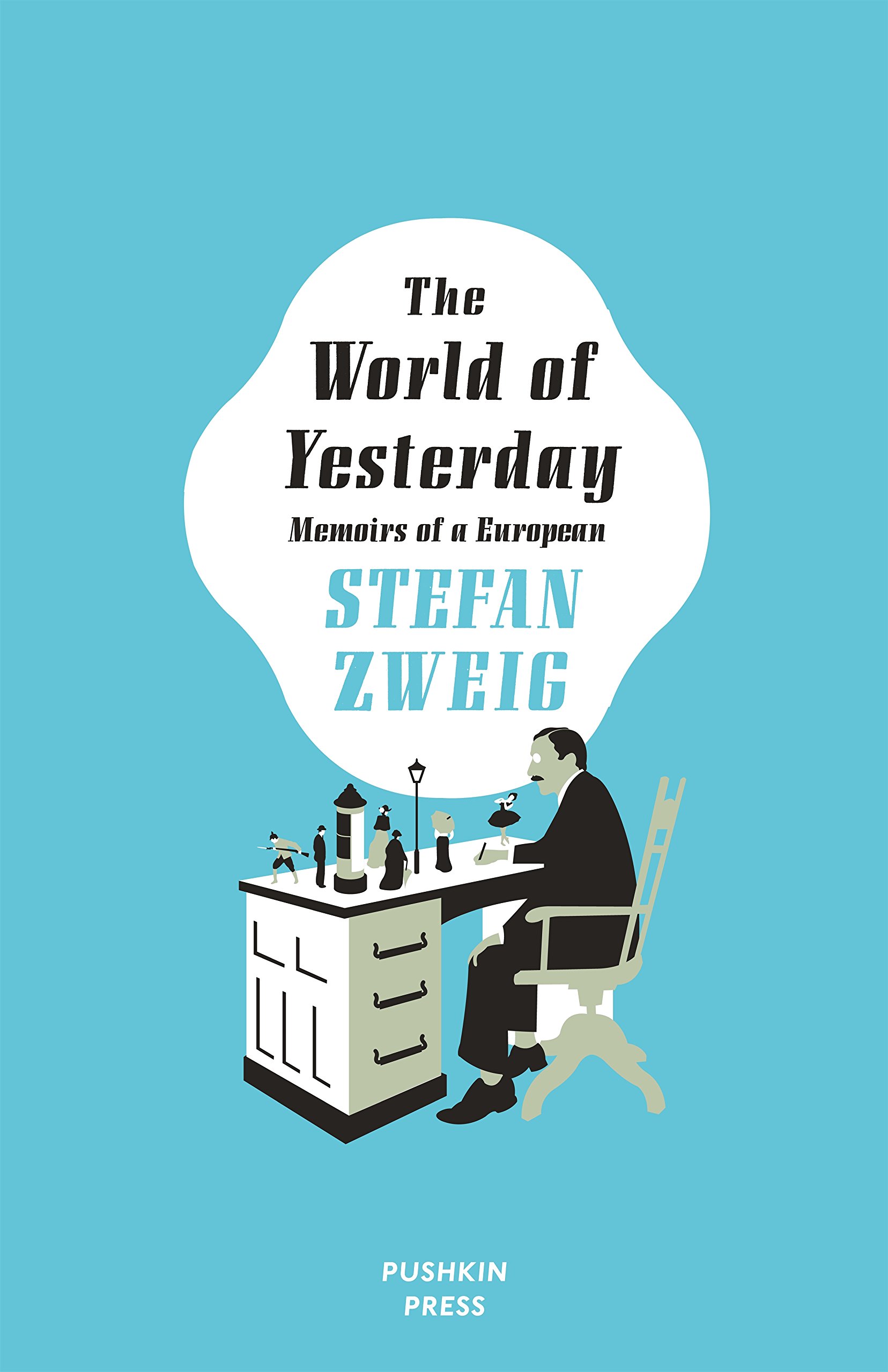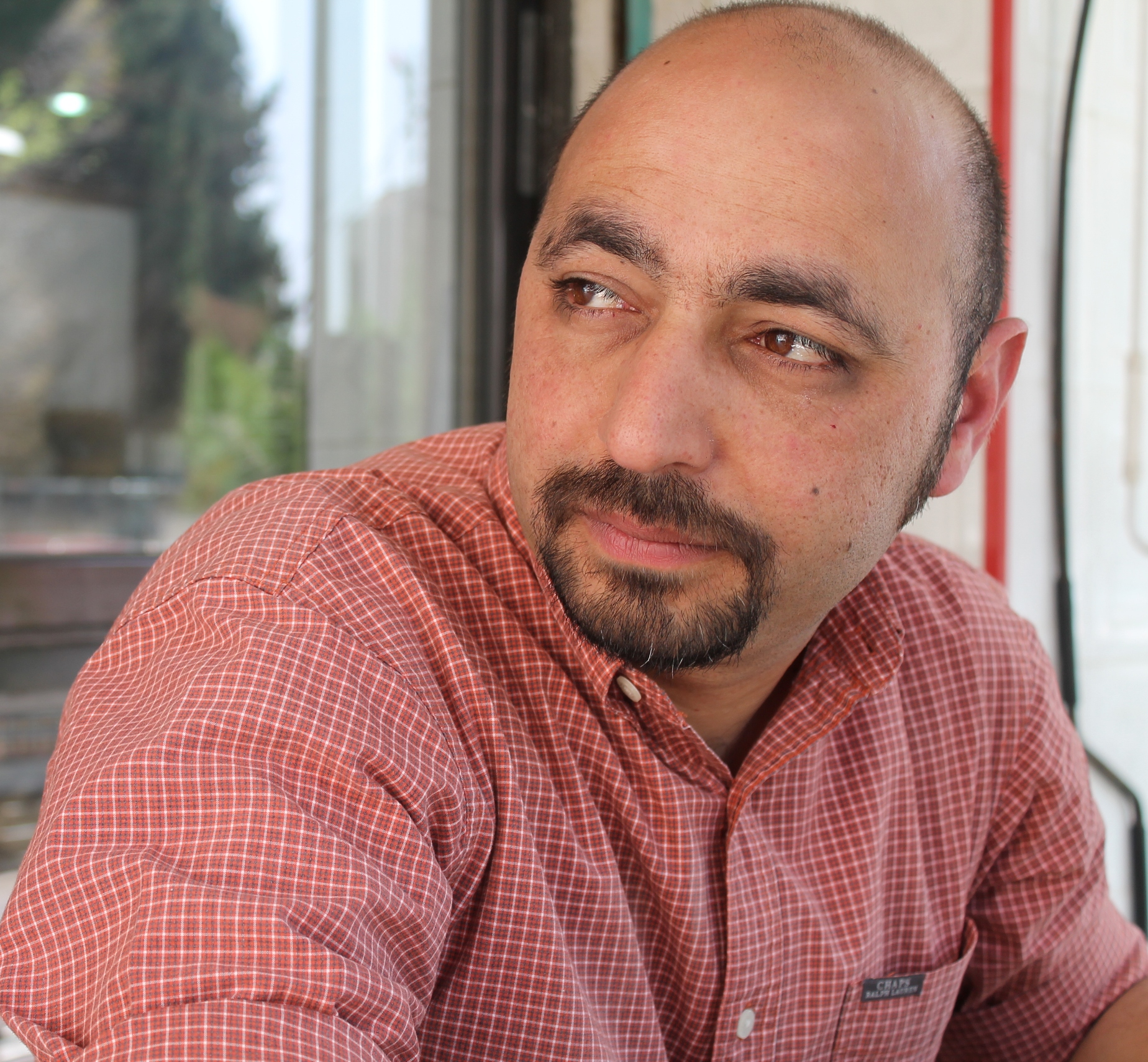Curated by: SARAH WHELAN
Happy Launch Week! We are so delighted that Issue 17 is here in time for spring. After you’ve enjoyed these recommendations from some of our Issue 17 contributors, purchase your copy here.
Recommendations: Be With by Forrest Gander, The World of Yesterday: Memoirs of a European by Stefan Zweig, Housekeeping by Marilynne Robinson, Bridge of the World by Roberto Harrison

Be With by Forrest Gander; recommended by Ilan Stavans, poetry translator
I have found endless pleasure in reading Forrest Gander’s Be With, this year’s Pulitzer Prize winner in poetry. It is about silences, about absences. It is about living without one’s lifelong companion: how the body adapts to it, how the soul reckons with its own disorientation.
Over the years, I have followed Gander’s elegiac explorations of sound and images in his work as well as his translations from a variety of languages, alone and in collaboration, primarily Spanish. His wife was poet and Arkansas native C.D. Wright, who died in 2016. Gander, who taught for years at Brown, was born in the Mojave Desert. I hear the sounds of the desert in his sounds.
The poem “Son,” first published in The New Yorker and part of Be With, is extraordinary. It looks at echoes, at descent and ascent of bloodlines. It states: “When she spoke, when your mother/ spoke, even the leashed/ greyhound stood transfixed. I stood/ transfixed.” And, a few lines earlier: “Why/ say anything about death, how/ the body comes to deploy the myriad worm/as if it were a manageable concept not/searing exquisite singularity?”
Last August, I had a conversation with Gander in the NEPR podcast In Contrast titled “Mourning with Words.” It left me speechless.
The World of Yesterday: Memoirs of a European by Stefan Zweig, translated by Anthea Bell; recommended by Hisham Bustani, Arabic Fiction Editor
On 22 February 1942, one day after sending the manuscript of this book to his publisher, Stefan Zweig and his wife took their own lives in a double suicide. They were living a long way from home, in Petrópolis, near Rio de Janeiro, and a long way from an “ideal” past that they now looked at as an unbelievable mirage; a sharp contrast to the present world that was collapsing into war and racism, with Hitler occupying almost all of Europe. As the work documents the couple’s dramatic status shift from living as prominent citizens of Europe to stateless refugees, the reader embarks on a journey from a stable, vibrant and hopeful late 19th century Vienna, through the clash of global powers in WWI, to the economic collapse leading into the rise of Nazism.
Zweig writes his memoirs slowly and thoroughly, as if trying to recreate the past by re-assembling its lost pieces. His sentences are compelling, vivid, and soft; they exhibit a stark contrast to the massive and tragic events that ultimately decides his fate. This book is a chronicle of a personal withering away, one that reflects a larger global crisis still in existence today. It is a micro-history of a slow and deep disintegration, of a system’s fatigue and failure. A literary masterpiece.

Housekeeping by Marilynne Robinson; recommended by River Adams, fiction contributor
I am in that tentative, contour-filled space between stories (one is finished, another is stirring in the deep), and so I am re-reading one of my favorite books. Housekeeping is slowly rising water, icy and black, like that of a glacial lake, which serves as the novel’s central image. It’s about two sisters who grow up in a small lakeside town called Fingerbone, dwarfed by the mountains and the depths and by time and by the transience of all things. Friends have complained to me that not much happens in Housekeeping, and it is true. In Fingerbone, history and family and the colors and hopes of life are swallowed by the bottomless darkness of the glacial lake, starting with the train that derails into the water and takes with it the girls’ grandfather and ending with a yearly flood that gives the town its “shallow-rooted” feeling. In a most unlikely way does the reliability of love come to Ruth, the protagonist. Water is the metaphor that pours through the book; even its writing style is like the night flood: it carries you on a languid current from sentence to sentence, and you cannot rush this one. It is from the deep of us, and the deep of nature. “And let God purge this wicked sadness away with a flood, and let the waters of them mirror heaven. Still, they taste a bit of blood and hair. One cannot cup one’s hand and drink from the rim of any lake without remembering that mothers have drowned in it, lifting their children toward the air…”
Bridge of the World by Roberto Harrison; recommended by Patrick Riedy, poetry contributor
For the past two years I have repeatedly visited Roberto Harrison’s Bridge of the World (Litmus Press, 2017). The current Poet Laureate of Milwaukee, Wisconsin, Harrison has a background in mathematics and began widely reading and writing poetry as he worked in a computer lab at Indiana University. Born in Corvallis, Oregon to Panamanian parents, he and his parents moved to Panamá shortly after where he lived until he was seven. In the section of the book titled “Snake Vision: A Poetics” Harrison discusses “[the] numbers especially meaningful to [his] poetics — 1, 2, 3, 4, 5, 7” and says of the number 5 that it was his “age of psychological completeness, [he] was in Panamá, psycho-logically completely Panamanian (though culturally Panamanian-American).” It seems fitting, then, that Bridge of the World would be Harrison’s fifth of sixth books of poetry, preceded by culebra (Green Lantern Press, 2016) and followed by Yaviza (Atelos, 2017). Understandably, Panamá holds a prominent place in these poems as “the bridge of the world, the crack of the egg of the world – always in between” (67). However, these poems reject looking at Panamá from a particular socio-political aperture. Instead, they take the “psychic knots [that] tie us all together” and try to “help the energy move through these knots” because, according to Harrison, “psychic/spiritual knots are meant to be untied and released” (73). You may be wondering what that looks like, and the answer to that questions is, well, knotty. Even so, I admit I feel a release when reading this book, and that is why I return to these visionary poems. For me, Bridge of the World is a release from the ties that bind poetry to concept, expression to self, imagination to time. And in this spirit, I sense “the energy move through these knots” within the final stanza of his poem “¿Quieres Ser Amigos?”:
I write the release
of a night sky, because my reptilian
anchor, the frozen tundra of my traumas
will break off as ice floes, as the earth does now,
and we will be one together, to remake the poles,
to place them elsewhere, to find a new constellation
that travels with us through the end
of monuments and compassion. And it’s our own fault
for not believing in the power of the wilderness,
in the power of the ancients (of the Imagination’s
Seas),
in the events of a bridge
which serves solely to manifest
as a Fourth Form — Panamá. (10-11)




